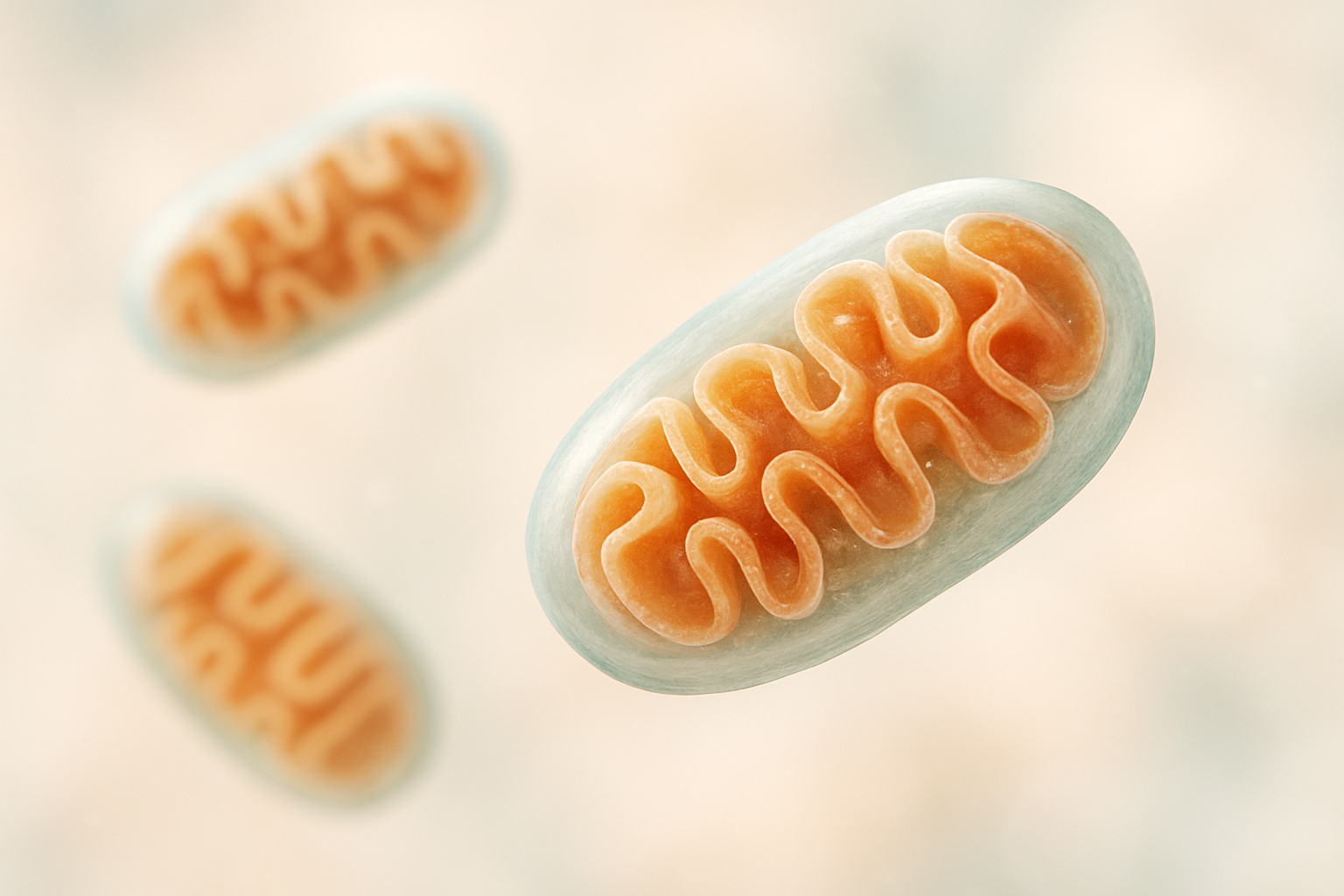
Mitolyn Review: Does It Boost Energy, Focus, and Weight Loss?
What is Mitolyn?
Mitolyn is a dietary supplement marketed to support mitochondrial function—the tiny “powerhouses” inside cells that help convert food into usable energy (ATP). The product’s stated goals include improving day-to-day energy, mental clarity, and metabolic efficiency, with some users reporting support for weight management.
According to the brand, Mitolyn aims to:
- Promote mitochondrial biogenesis (more mitochondria)
- Improve the efficiency of existing mitochondria (better ATP output)
- Protect mitochondria from oxidative stress (antioxidant support)
What does the evidence say?
Mitochondria are central to cellular energy. Research has linked mitochondrial dynamics to metabolic health and adiposity. For example, several observational and mechanistic studies suggest relationships between mitochondrial measures and weight or body composition and explore ingredient effects on mitochondrial pathways. These include associations between mitochondrial DNA copy number and adiposity, and preclinical/early human research on polyphenols like anthocyanins, epicatechin, and astaxanthin and their potential roles in mitochondrial biogenesis and function. See references below for representative studies.
That said, keep in mind:
- Most evidence pertains to individual ingredients or mechanistic endpoints—not to Mitolyn itself as a finished product in randomized controlled trials.
- Observational associations do not prove causation; results may not translate into meaningful changes in energy, cognition, or weight for every person.
- Supplement quality, dose, duration, and individual health status heavily influence outcomes.
Claimed benefits (and how to think about them)
- Increased energy and reduced fatigue: Biogenesis and antioxidant support may plausibly influence perceived energy in some individuals, especially if diet or sleep is suboptimal. Results vary.
- Improved focus and mental clarity: Antioxidant and mitochondrial-supportive compounds can play a role in cognitive energetics; real-world effects depend on many factors (sleep, stress, blood sugar, caffeine use, etc.).
- Weight support: Any effect would likely be indirect (e.g., via activity capacity or metabolic efficiency). Sustainable weight change still hinges on nutrition, activity, sleep, and consistency.
Ingredients overview (high level)
Mitolyn highlights polyphenol-rich botanicals (e.g., maqui berry anthocyanins, cocoa epicatechin), adaptogens (e.g., rhodiola), and carotenoids (e.g., astaxanthin) with literature exploring mitochondrial pathways, oxidative stress, and metabolic markers. See the references section for starting points.
Safety and side effects
Supplements can interact with medications and conditions. Common considerations for polyphenol/adaptogen blends include GI upset, headaches, and sensitivity in those with underlying conditions. If you are pregnant, nursing, have a medical condition, or take medication, speak with your clinician first.
Who might consider it?
- Individuals looking for a mitochondria‑supportive supplement to complement foundational habits (nutrition quality, sleep, movement)
- Those seeking a structured trial (e.g., 4–8 weeks) alongside lifestyle improvements
Who should be cautious or avoid:
- People on medications with potential interactions; those with chronic conditions without medical clearance; pregnant or nursing individuals
How to use
Follow the product label. Most users trial a single serving daily for several weeks, tracking energy, focus, activity capacity, and any side effects. If you don’t notice benefit—or you notice adverse effects—discontinue and consult your clinician.
Cost and where to buy
You can review current pricing and offers here: Check Mitolyn availability and pricing.
Bottom line
Mitolyn aligns with a biologically plausible target—mitochondrial support—using ingredients with early but mixed evidence for energy and metabolic endpoints. If you’re already solid on the basics (food quality, protein and fiber intake, sleep, movement, stress), a time‑boxed trial may be reasonable after discussing with your clinician. Manage expectations, track outcomes, and prioritize foundational habits.
References
- Leukocyte mitochondrial DNA copy number, anthropometric indices, and weight change in US women
- Impaired Mitochondrial Biogenesis in Adipose Tissue in Acquired Obesity
- Persistent low body weight in humans is associated with higher mitochondrial activity in white adipose tissue
- Mitochondrial DNA copy number in peripheral blood is independently associated with visceral fat accumulation in healthy young adults
- Anthocyanins and their metabolites promote white adipose tissue beiging by regulating mitochondria thermogenesis and dynamics
- Effects of (-)-epicatechin on mitochondria (review)
- Astaxanthin as a mitochondrial regulator and biogenesis activator (reviews/studies): paper 1, paper 2